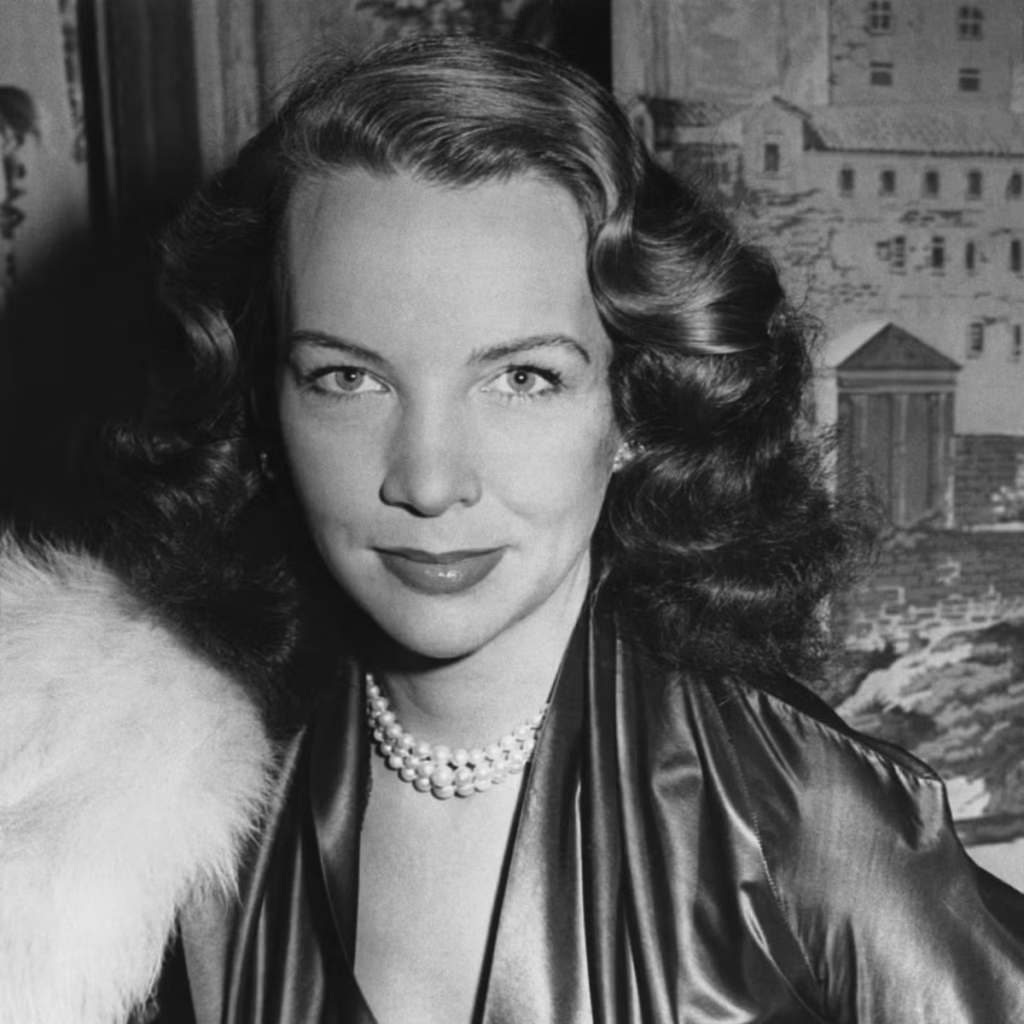
Table of Contents
Latest News: Demi Moore Portrays Socialite Ann Woodward in Feud: Capote vs. The Swans
Demi Moore has expressed a deep sense of responsibility in portraying the complex character of Ann Woodward, the infamous socialite at the heart of Feud: Capote vs. The Swans, the latest season of FX’s anthology series Feud. In an interview with ABC News, Moore shared that she felt a duty to “honor the truth” of Woodward’s life, which was marked by personal rejection and a constant struggle to fit into the high-society world she inhabited.
The series, starring Tom Hollander as Truman Capote, delves into the real-life drama surrounding the author’s unfinished novel Answered Prayers. The novel’s controversial 1975 excerpt, published in Esquire, exposed the scandals of Capote’s socialite friends, dubbed the “Swans.” The fallout from the publication severed relationships, and in Woodward’s case, may have led to even darker consequences.
Moore, reflecting on the role, emphasized the weight of portraying a real person: “It was important to me to kind of honor the truth as much as possible. Ann lived a life that was a lot of rejection. The family she married into rejected her, and no matter how good she was, she never lived up to anybody’s standards. She just never fit that social stratosphere.”
The ensemble cast of the new season includes Diane Lane, Naomi Watts, Chloë Sevigny, and Calista Flockhart, who portray other members of the “Swans.”
Who Was Ann Woodward?
Ann Woodward, a New York-based socialite, became notorious after the death of her husband, William Woodward Jr., in 1955. Born in Kansas, Woodward had pursued a career in acting and modeling, even earning the title of “The Most Beautiful Girl in Radio” in 1940. She married William Woodward Jr., a wealthy heir, in 1943, becoming part of New York’s elite social circles.
However, their marriage turned tragic. In October 1955, Ann shot and killed her husband, claiming she mistook him for an intruder. While many suspected foul play, the death was officially ruled an accident. The incident left Woodward’s life and legacy marred by controversy. She passed away at the age of 59 in October 1975.
Early Life
Ann Woodward, born Evangeline Crowell on December 12, 1915, in Pittsburg, Kansas, had a tumultuous early life. After her parents’ divorce and subsequent remarriages, she relocated to Kansas City, where she reinvented herself as Ann Eden. Following the death of her mother in 1941, Eden moved to New York City with aspirations of becoming a model and actress. Through determination and hard work, she secured a contract with the prestigious John Robert Powers modeling agency and landed numerous roles in stage productions and on radio.
Relationship with William Woodward Jr.
Ann’s path took a significant turn when she met William Woodward Sr., a wealthy heir to Hanover National Bank and Belair Farm, while performing as a showgirl at New York City’s FeFe’s Monte Carlo nightclub. However, it was William Woodward Jr., known as “Billy,” the son of Woodward Sr. and owner of the renowned racehorse Nashua, who captured Ann’s attention. The couple married in 1943. Initially ostracized by high society, Ann quickly adapted, becoming an accomplished socialite. She and Billy had two sons, William III and James. When Billy requested a divorce in 1947, Ann refused, unwilling to forfeit the wealth and social standing that had come with her marriage.
Murder Suspect and Suicide
In the fall of 1955, a series of burglaries plagued the Woodward neighborhood. On the night of October 30, Ann, reportedly believing she had heard an intruder, fired a shotgun twice, fatally shooting her husband. While a grand jury ultimately declined to indict her, questions lingered about whether it was an accident or an intentional act. Following William’s death, Ann found herself shunned by high society. In 1975, Truman Capote published a thinly veiled account of the Woodward family’s story in his novel Answered Prayers, suggesting that Ann had murdered her husband.
Shortly after this excerpt appeared in Esquire magazine, Ann was found dead from cyanide poisoning on October 10, 1975, at the age of 59. Many speculate that she had seen an advance copy of Capote’s writing, which may have contributed to her decision to take her own life.
Tragedy continued to haunt the family even after Ann’s death. Her two sons both died by suicide: Jimmy, the younger of the two, in 1976, and William in 1999.
TV Portrayals
Ann Woodward’s life and the mysterious events surrounding her marriage have inspired several fictionalized accounts. Dominick Dunne’s 1985 novel The Two Mrs. Grenvilles was based on her relationship with her husband and his death, and was adapted into a television miniseries two years later. In 2024, the story of Capote’s Answered Prayers and the resulting scandal became the subject of the second season of the FX anthology series Feud: Capote vs. The Swans, starring Demi Moore as Ann Woodward.
